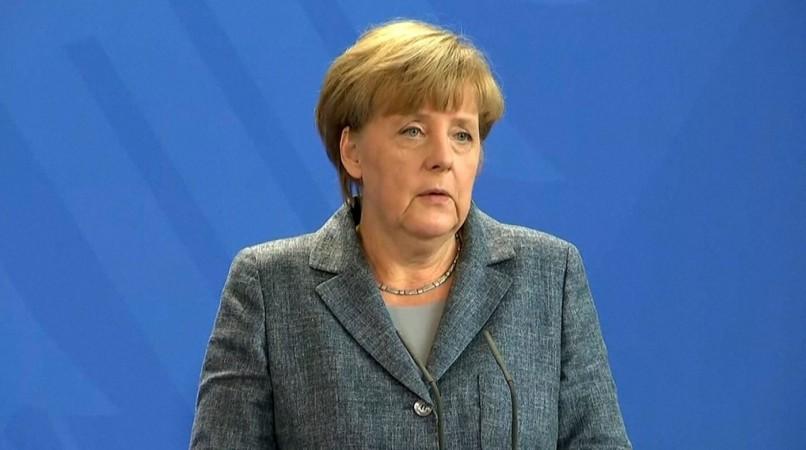
German Chancellor Angela Merkel spoke to United States President Donald Trump on Saturday (January 28) over phone and explained to him obligations of the Geneva Convention's refugee policy to him, a day after Trump imposed a sweeping travel ban on refugees.
Amid massive protests across the globe, Donald Trump says it is not a Muslim ban
On January 27, Trump signed executive orders directing extreme vetting and visa ban on refugees which apply to migrants, refugees and US legal residents — green-card holders — from Iraq, Iran, Sudan, Somalia, Syria, Libya and Yemen. There is also an indefinite ban on the arrival of Syrian refugees.
Trump's orders, equivalent to his campaign promise of a Muslim ban, drew worldwide criticism and concerns from international leaders. Among those leaders are also Merkel, who according to her spokesperson, talked to Trump over the phone and "explained" the convention's obligations.
"The chancellor regrets the US government's entry ban against refugees and the citizens of certain countries," Merkel's spokesman Steffen Seibert said in a statement. "She is convinced that the necessary, decisive battle against terrorism does not justify a general suspicion against people of a certain origin or a certain religion."
"The ... refugee convention requires the international community to take in war refugees on humanitarian grounds. All signatory states are obligated to do so. The German government explained this policy in their call yesterday," Seibert added.
Merkel's spokesperson also said the German government would examine the implications of the ban on German citizens with dual citizenship and then it would "represent their interests, if necessary, before our American partners".
Along with discussing the Geneva Convention, the German leader also discussed the "fundamental significance" of NATO with the US president and its intention to "further deepen the already excellent bilateral relations in the coming years".
French President François Hollande also denounced Trump's ban against refugees and said "when [Trump] rejects the arrival of refugees, while Europe has done its duty, we should respond to him". He added that in an uncertain world, "withdrawal into oneself is a dead-end response."
Thousands across the world have taken to streets to protest the ban against refugees, particularly in America, where protesters have flooded major airports throughout the nation to stand against Trump's controversial orders.














